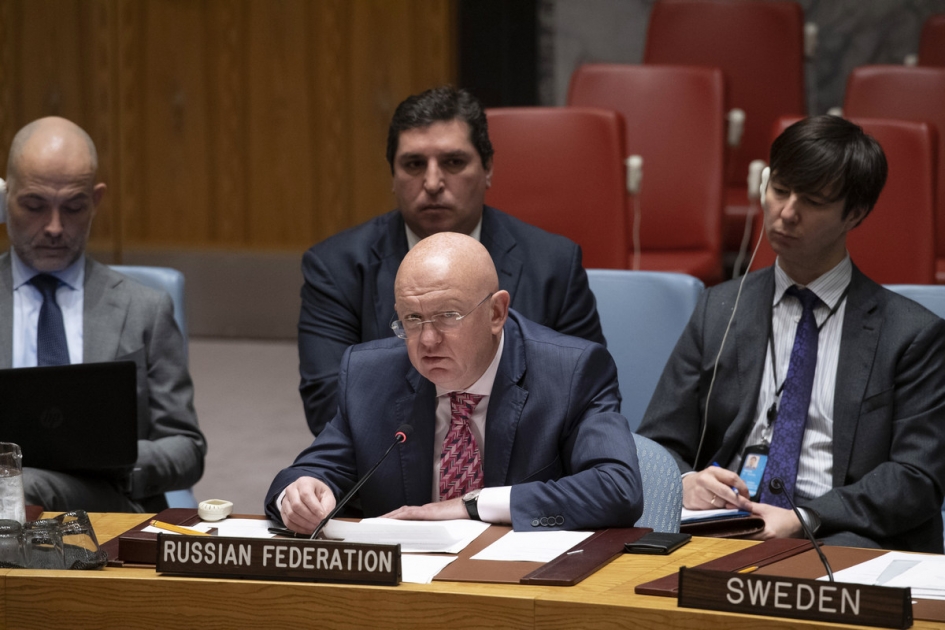Statement by Ambassador Vassily A. Nebenzia, Permanent Representative of the Russian Federation to the United Nations, at the Security Council meeting before vote on the extention of Operation Althea's mandate
The Russian Federation will vote in favour of the draft resolution (S/2018/989) extending the mandate of the European Union-led Operation Althea for peacebuilding in Bosnia and Herzegovina.
That is because the sponsors took into account our principled considerations, if only at the very last moment. We are exceedingly disappointed with the working methods that the penholders for the draft resolution chose this year. Instead of taking the logical course of adopting a technical resolution extending Operation Althea’s mandate, which in itself raises no doubts, the sponsors took the dangerous path of introducing a highly politicized document. And yet our reaction was easy to predict ahead of time. After all, we already had one sad experience in 2014, when the Russian delegation abstained in the voting and for exactly the same reasons that this time very nearly produced negative consequences for Althea in its current form.
At the time, four years ago, we made it clear to colleagues that it had better not happen again (see S/PV.7307). It seemed as if it had worked and over the course of the next few years we had a more or less satisfactory document. And yet this year, for some reason, the sponsors decided to introduce complications into the draft text by imposing their own foreign-policy approaches and thereby manufacturing a crisis.
Happily, common sense prevailed. We have to note that in recent years we have seen a trend among some of our Western partners during the process of arriving at agreements on United Nations decisions in which the culture of negotiation has been seriously devalued. That should be rectified immediately.
We want to stress that no Security Council document should predetermine the domestic or foreignpolicy priorities of any State Member of the United Nations, and Bosnia and Herzegovina is no exception. In the Council’s relevant resolutions and decisions, we need to do everything possible to avoid wording that might be interpreted as supporting the non-consensusbased Euro-Atlantic aspirations of a number of Bosnian forces.
If the Security Council approved such provisions, they could undermine the already fragile situation in the country and put pressure on certain ethnic groups.
